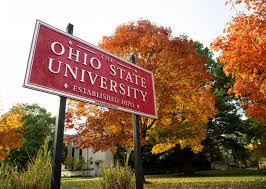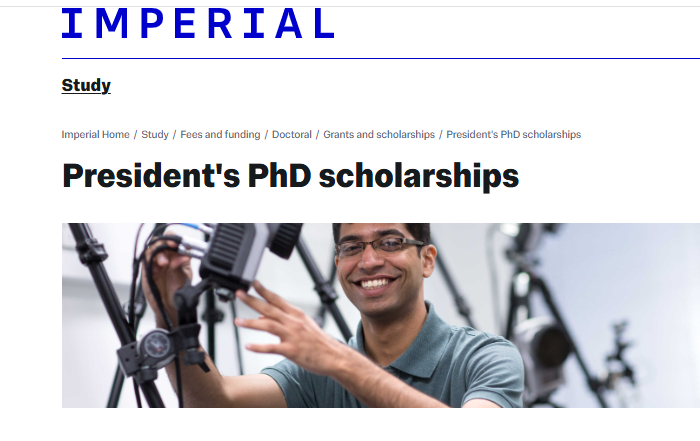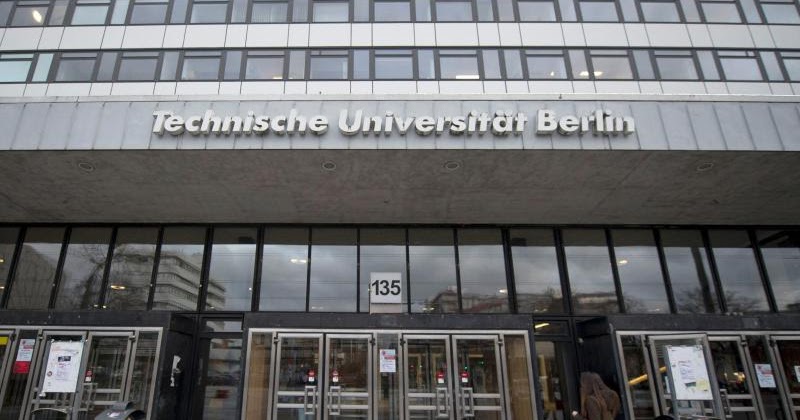Research Keywords:
Magnetic resonance imaging, imaging, medical physics
Application Deadline:Â
3 April 2013. Studentship to begin from 1 July 2013.
Supervisory Team:
Primary: Prof Glyn Johnson
Secondary:
Dr Paul Malcolm
The Project:
Prostate cancer is the commonest cancer in men and the second leading cause of cancer death. However, diagnosis and assessment of prostate tumours is highly unreliable leading to inappropriate treatment. The aim of the project is to develop innovative methods of magnetic resonance imaging to accurately characterize prostate tumours.
Prostate cancer is the most common cancer in men and the second leading cause of cancer death in the UK. High grade tumours should be treated aggressively with surgery and radiotherapy. However, low grade tumours are relatively benign and can be left untreated although monitored carefully (âactive surveillanceâ). However, the standard diagnostic test for prostate cancer, ultrasound guided biopsy, is unreliable so that many tumours that would be suitable for active surveillance are treated aggressively. Unfortunately the side effects of aggressive treatment â sexual and urinary dysfunction â are very common.
Magnetic resonance imaging (MRI) is recognized as the most sensitive means of detecting prostate abnormalities but conventional MRI is poor at distinguishing benign and aggressive tumours. The purpose of this PhD project is to develop novel MRI techniques that can be used to accurately characterize prostate tumours.
Prostate tissue consists of microscopic fluid-filled glands surrounded by cellular stroma. Both of these components have their own distinctive MRI characteristics. Since tumours are characterized by the number, distribution and size of the glands the purpose of this project is to develop methods that will quantify the distinct MRI components corresponding to gland and stroma and thus accurately assess tumour aggressiveness.
Two advanced MRI methods will be used: T2 relaxometry (i.e., measurement of T2) and diffusion kurtosis imaging (DKI). T2 describes the rate at which the MRI signal is lost and is generally much longer in fluids. Measuring both long and short T2 components will therefore allow us to determine the glandular fraction of prostate tissue. DKI is an extension of the more commonly used technique of diffusion tensor imaging (DTI) that provides a number of different parameters that characterise tissue microstructure. A combination of DKI and relaxometry will be able to separately characterize gland and stroma microstructure and hence accurately characterize the tumour.
The project will involve the following:
- Development and validation of MRI pulse sequences for T2 relaxometry and DKI.
- Development of software to calculate T2 and DKI metrics from MRI data.
- Application of these methods to prostate patients.
Entry Requirements:
Applicants should hold a 2:1 degree or above or a master's degree in science, social science or health related subject or equivalent (ie Computer Science, Physics, Chemistry, Engineering, Physical Sciences). Those applicants whose first language is not English must demonstrate evidence of appropriate English language proficiency, normally defined as a minimum IELTS score of 7.5 (Overall Band Score) with 7.5 in all elements or equivalent.Â
Funding:
Funding is available for UK/EU students, covering: Stipend: £13,590 Fees: £3,732 RTSG: £1,000
Making Your Application:
Please apply via the Universityâs online application system. To discuss the application process or particular projects, please contact the: Admissions Office, email: pgr.enquiries.admiss@uea.ac.uk or telephone +44 (0)1603 591709.Â
Scholarships are not only for the smart students. Anyone can get scholarships













Have a Question about this Scholarship?